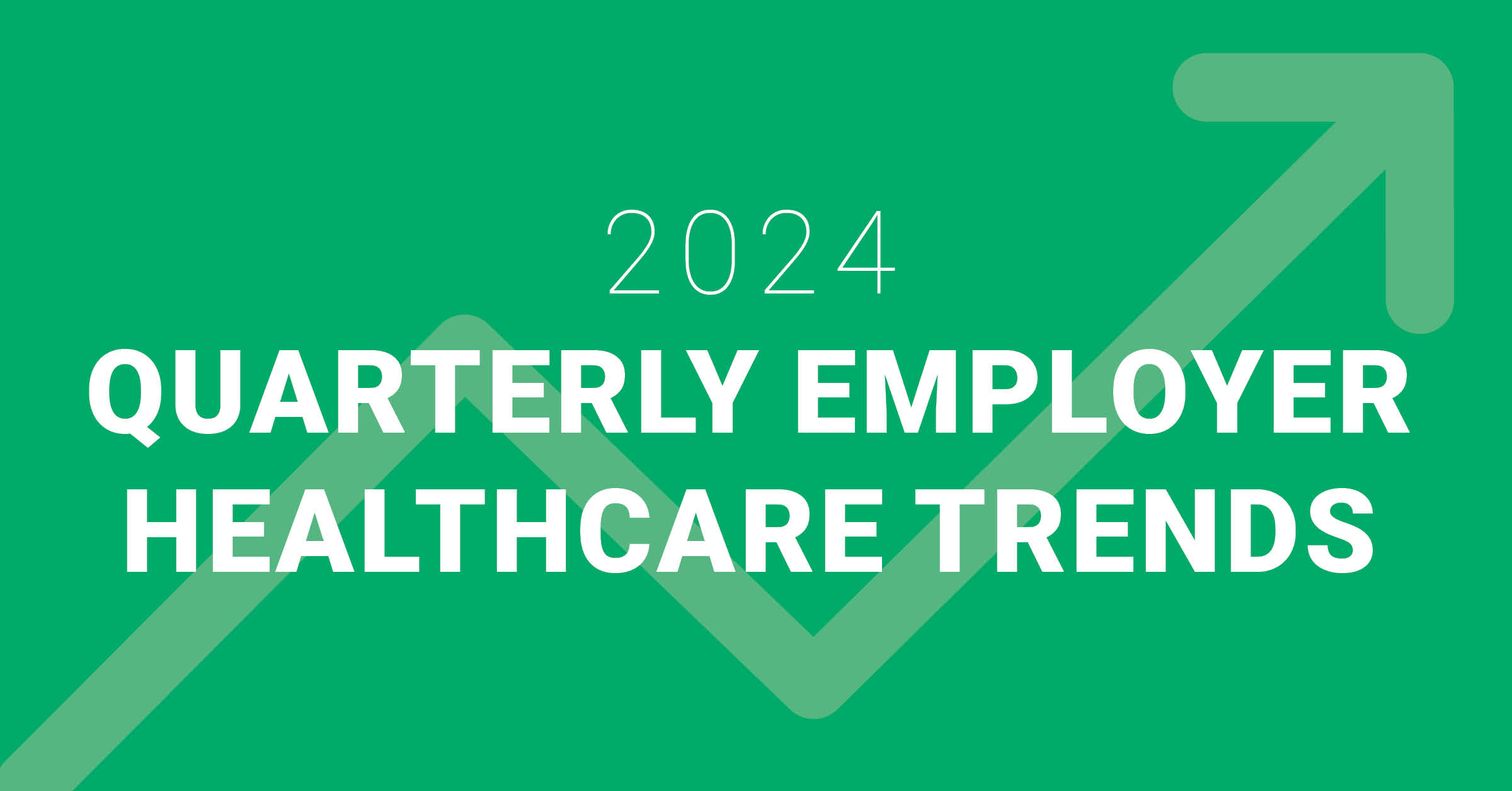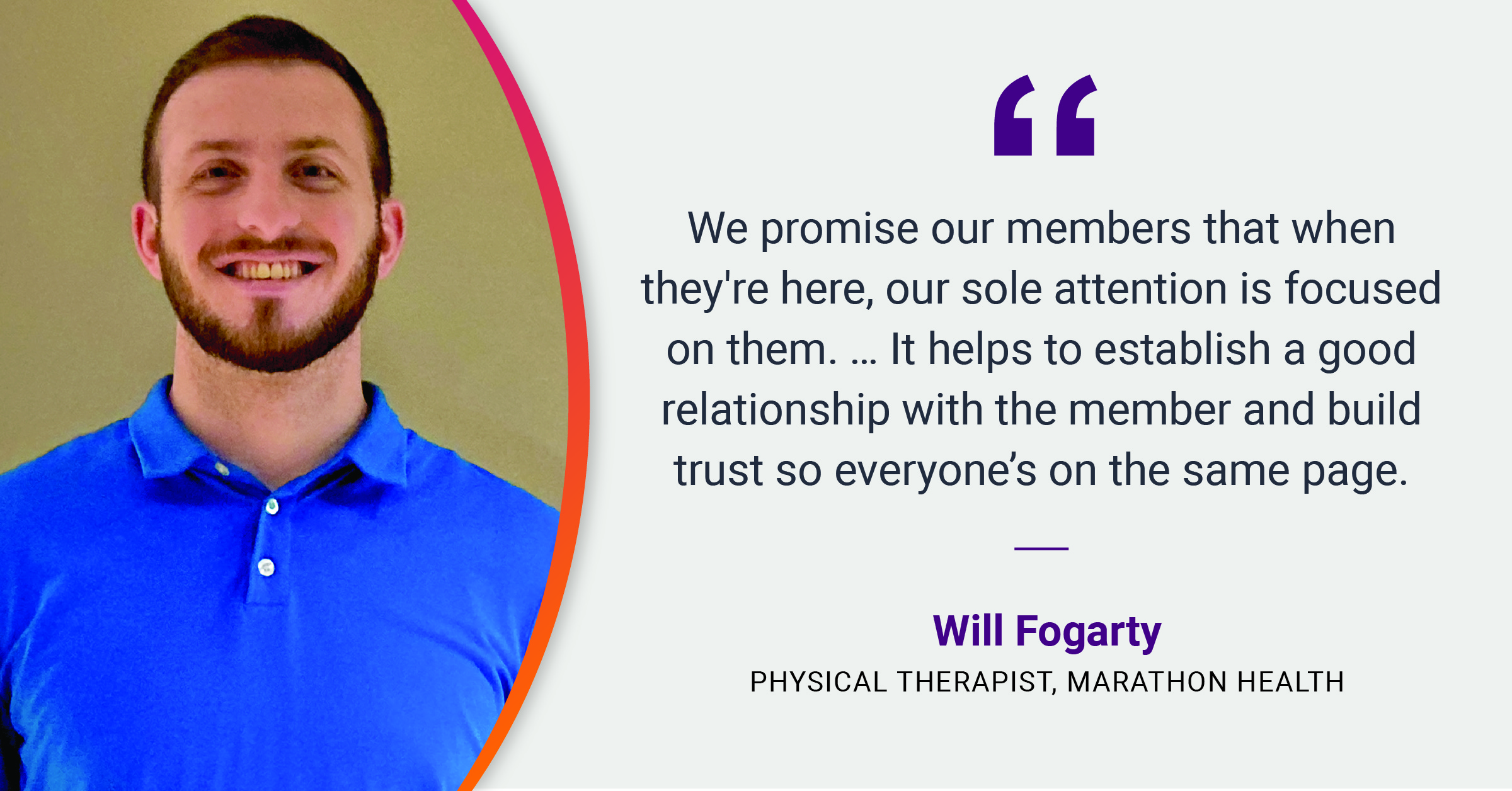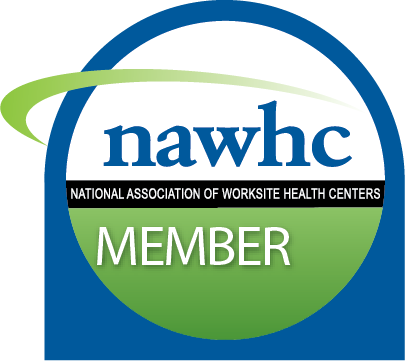Let’s face it. Going to a doctor’s appointment can be quite the hassle.
You need to take time off work, drive across town and fill out redundant paperwork, only to see your doctor for a fraction of the time you just spent in the waiting room. It’s not the best experience.
According to a study from Harvard Medical School, the average doctor’s visit, including travel and time spent in the waiting room, takes 121 minutes, with patients spending roughly 20 minutes with a provider. For patients in rural areas, going to a doctor’s appointment often means driving long distances to reach the closest clinic or hospital.
These barriers to healthcare, combined with high medical costs and the feeling of being rushed through the appointment, cause many patients to forgo preventive and routine healthcare appointments. In many cases, patients never see a doctor until they wind up in the hospital with a severe problem.
To make healthcare more convenient — and impactful for employees — employers increasingly bring health and wellness services to the jobsite, via dedicated worksite medical clinics for employees and their families. It’s a model that not only makes care more convenient, but reimagines the way employers offer primary care, with a focus on utilizing integrated primary care teams to treat the patient’s physical, emotional and spiritual well-being.
It’s truly a simple concept: Make it exceptionally easy to access high-quality care, and employees will engage with the services and become healthier, lowering costs along the way.
Convenient Access to High-Quality Care
Nick Erwin serves as Senior Director of Operations at Bellisio Foods, a maker of frozen entrees. Bellisio partnered with Marathon Health in 2018 to open a dedicated, onsite health center for their thousands of rural factory workers in Jackson, Ohio.
“Most of our folks didn’t have a family physician,” Erwin says. “A lot of them weren’t getting physicals or biometric screenings. Their normal course of treatment was to go to the emergency room.”
Today, Bellisio employees can access more than 180 primary care, wellness, mental health and health coaching services at their workplace — all at no cost. Erwin says their factory operates 24/7, so they structured the health center hours to accommodate their second- and third-shift workers.
Employees spend an average of 5 minutes or less in the waiting room. They can often schedule same and next-day appointments, and pick up medications in the clinic. Most importantly, they never need to leave the worksite.
“If they have a cold, need a blood pressure check, or have labs drawn, they can go right across the street. They don’t need to take time off work,” he says.
Lasting Patient-Provider Relationships
The Marathon Health model fosters deep, patient-provider moments, so patients get ample time to ask questions and talk through their concerns. Providers spend quality time with each patient, with appointments averaging 30 minutes or more. The longer appointment times allow providers to get to know their patients on a personal level, so they can build trust and form long-lasting relationships.
“Marathon definitely provides a family physician for a lot of our folks,” Erwin says. “It’s helped them to really understand more about themselves and their health. It’s a service they wouldn’t have pursued before we opened the health center.”
Erwin describes their Marathon Health providers as “excellent.”
“We’ve had the same two providers since we opened, it’s pretty remarkable,” Erwin says.
“Sometimes, they just call you to see how you’re feeling,” he adds. “I’ve never had a doctor do that — ever. The first time it happened, the doctor said, ‘Hey, how are you feeling?’ I said, ‘I’m good. Why, what’s up?’ He said, ‘Well, you were in here with a cold last week. I’m just checking on you.’”
Deliver Measurable Health Improvements
In addition to over utilizing the ER, Erwin says Bellisio’s medical insurance claims data revealed a pattern of unhealthy behaviors. “Our folks weren’t taking care of their long-term health conditions. They weren’t getting treatment for diabetic conditions or blood pressure conditions,” he says.
Erwin worked with Marathon Health to implement wellness initiatives to focus on their most high-risk patents, and to craft solutions to address the conditions negatively impacting their workforce.
“We’ve had a lot of folks who became aware for the first time they’re pre-diabetic, or in the early stages of diabetes. But they can still control it, and they can still get ahead of it and change their life,” he says.
Erwin says his employee surveys show 100% customer satisfaction for Marathon Health services. But he doesn’t rely solely on employee testimonials to measure performance. Marathon Health provides quantifiable metrics to truly demonstrate population health improvements.
“We really like the way Marathon breaks it down,” Erwin says. “Every month, we get a report of all the activity, showing what things are trending up, what things are trending down. Are we getting good engagement with our high and chronic people? Are we seeing better blood pressure results? We’ve seen really great results across the board — pretty much everything has improved.”
Bellisio’s 2020 health improvement metrics include:
- 54% employee engagement with health center services (up 10% from previous year)
- 100% employee satisfaction rate
- Achieved 10 out of 12 high-risk and chronic health improvements
- Claims costs were $1,300 lower for employees who visited the health center 2+ times
You might also like
Subscribe to our newsletter and stay on the cutting edge of worksite healthcare.










